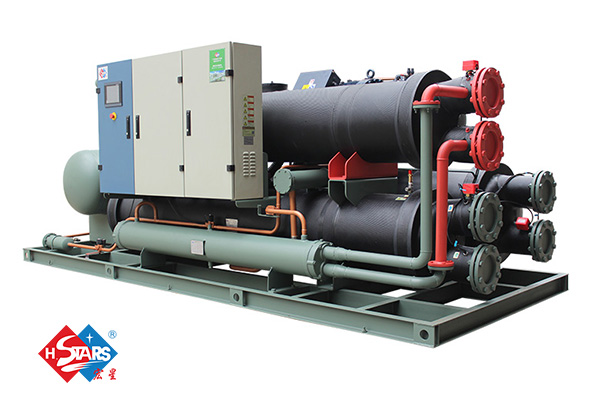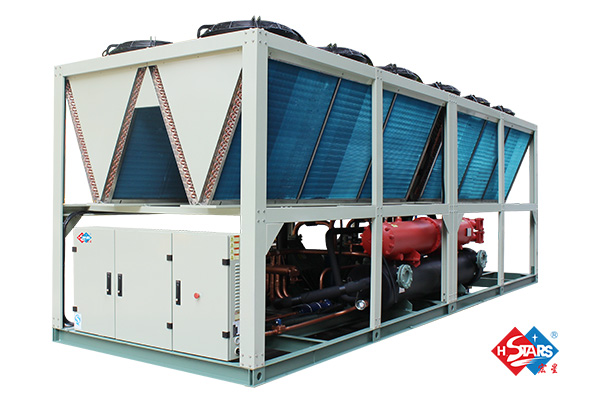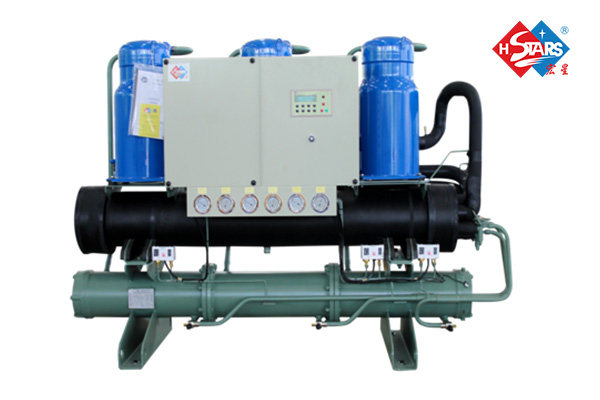
Heat pumps operate by transferring heat from one place to another. In warm weather, they absorb heat from indoors and release it outdoors, providing cooling. In cold weather, the process is reversed. Despite the low outdoor temperatures, there is still some heat available in the air, which the heat pump extracts and transfers indoors. However, as the outdoor temperature drops, the amount of available heat decreases, causing the heat pump to work harder to meet the heating demands.

In colder climates, consider using a supplemental heating source, such as an electric resistance heater or a gas furnace, to assist the heat pump when outdoor temperatures are extremely low. This way, the system can maintain a comfortable indoor temperature more efficiently.
Ensure that your building is well-insulated to minimize heat loss. Proper insulation reduces the workload on the heat pump, allowing it to operate more efficiently.
Schedule regular maintenance for your heat pump to ensure it operates at peak performance. Clean filters, coils, and fins, and inspect the system for any issues that may impact its efficiency.
Use a programmable thermostat to set lower temperatures during periods when the space is unoccupied. This can help reduce energy consumption and maintain a more stable indoor temperature.
Heat pumps are effective cooling and heating solutions for industrial applications. While they can operate efficiently in cold weather, their heating capacity may be limited as temperatures drop. To optimize their performance during winter, consider supplemental heating, proper insulation, regular maintenance, and using a programmable thermostat. By following these tips, industrial users can ensure their heat pumps perform effectively and efficiently in chilly climates, providing reliable cooling and heating solutions throughout the year.

Previous :
What Temperature do Heat Pumps Stop WorkingNext :
What is a Heat Recovery ChillerCategories
New Blog
Copyright © 2015-2026 H.Stars (Guangzhou) Refrigerating Equipment Group Ltd.
/ Blog / Sitemap / XML / Privacy-policy